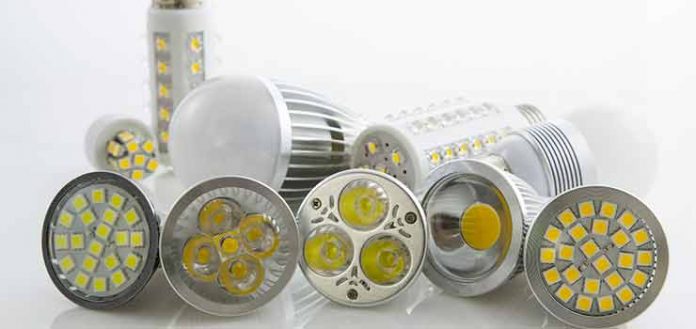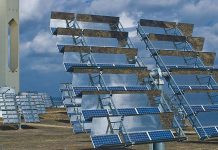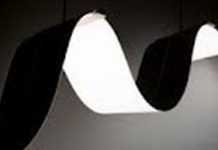
Good lighting can make a difference in any room in the house. For those who have a home workshop in which to do home repairs both ventilation and lighting are key, as they will be working with tools and compounds that require the utmost attention. It is common for great attention to be paid to how they light up so much the kitchen and bathrooms as well as the living rooms and bedrooms, however, for areas such as the workshop, the pantry or the garage, traditional light bulbs are used. This is a common mistake because, although in these places what prevails is not so much aesthetics as functionality, in them we can also take advantage of the current evolution in lighting techniques. It is important to know the types of bulbs that are on the market, but saying evolution and advances in this field is today synonymous with LED lights.
Replace fluorescent and tubular lamps with LED bulbs?
Most workshops are still lit with fluorescent and tubular lamps. To replace them with LED lights, we must plan the new lighting of the workshop with criteria of reliability and efficiency. All this, in accordance with the regulations that govern electrical installations in the home, which in this case are subject to the Low Voltage Electrotechnical Regulations (REBT).
It should not be forgotten that the aforementioned regulation indicates that alternating current distributions must be 230 V between phases, for triphasic networks with 3 conductors, which is the most common in domestic circuits.
What are the advantages of using LED lights in our workshop?
The characteristics of the workshops make them ideal for the implementation of LED lamps. These are spaces in which substances such as resins, glues or plastics can be used and where welding or working with electrical components can be carried out. LED lights, unlike others, they can be exposed to high temperatures without this implying an added risk, as if it happens with traditional lights and with halogen lights. They are also recommended if, due to the location of the workshop on the lowest floor of the house, there is some risk of humidity or water leaks that could damage the components of the electrical installation, due to its high resistance to environmental humidity.
In addition to safety, LED spotlights are the most suitable for offering high brightness in jobs that require precision, such as those that can be carried out on a workshop bench. On the other hand, they withstand intensive use, for many hours, and also suffer much less than traditional lights if there are constant switching on and off.
To all this we must add other well-known advantages of LED lights, such as the efficiency. It is estimated that it achieves 90% less consumption than in the case of an incandescent bulb, among other factors because it is capable of converting its consumption into light, and not into heat. As if these energy savings were not enough, durability is another of its strengths; LED lights reach between 30,000 and 100,000 hours of life, which means that they last about a decade longer than halogen ones. Other advantages are that its ignition is immediate and that, when using a range that goes from 5 to 12 volts in direct current, they offer a lower risk of electrical failure.
If you liked this article and want additional information, you can download the following free PDF guide on how to plan the electrical installation of your home.



